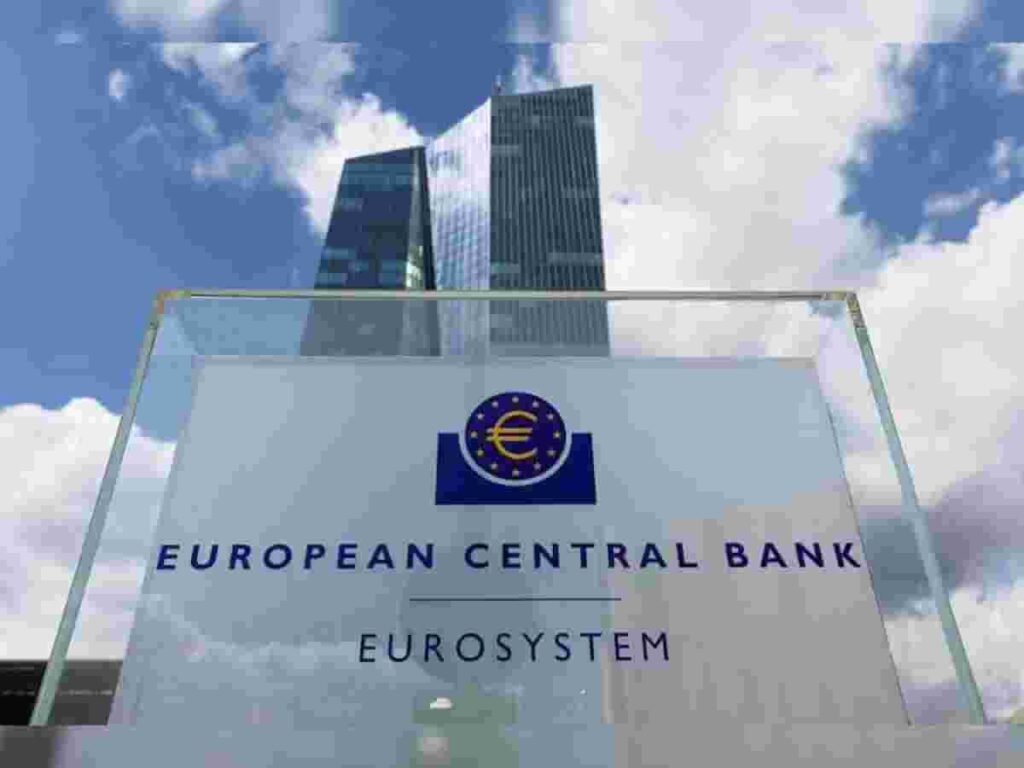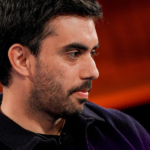European Central Bank President Christine Lagarde has advised against hasty decisions regarding interest-rate cuts, emphasizing the significance of rising wages as a key driver of inflation. Speaking before European Union lawmakers in Brussels on Thursday, Lagarde acknowledged the ongoing trend of disinflation but highlighted lingering risks, stressing the need for greater certainty that price increases will return to the ECB’s 2% target sustainably.

Lagarde cautioned, “The last thing that I would want to see is us making a hasty decision to see inflation rise again and have to take more measures.” She emphasized the insufficient evidence available to instill confidence in achieving the medium-term inflation target.
These remarks come amid deliberations among major central banks worldwide regarding the timing of potential reversals of previously enacted rate hikes aimed at curbing inflation without reigniting price pressures.
While officials in Frankfurt are considering an initial rate cut either in April or June, the majority has expressed support for the latter date. They seek further clarity on wage and corporate profit developments across the 20-nation eurozone.
Following Lagarde’s comments, German bonds saw slight gains, with 10-year yields reaching a one-week low of 2.30%. Market sentiment shifted towards anticipating five quarter-point rate reductions this year, favoring a June cut as the first potential move.
Lagarde underscored the growing importance of wages in driving inflation dynamics, noting ongoing negotiations’ impact on wage pressures in the euro area. However, she highlighted signs of stabilization in wage agreements towards the end of 2023.
Regarding corporate profits, Lagarde noted a continued decline in their inflation contribution, suggesting that wage increases may be partially offset by profit margins.
Some ECB officials have expressed caution about lowering borrowing costs prematurely. Isabel Schnabel highlighted sticky services inflation and other risk factors, while Joachim Nagel warned against early monetary policy loosening.
Despite differing views within the ECB, many acknowledge the urgency of addressing economic challenges while ensuring progress towards the elusive 2% inflation goal. The eurozone narrowly avoided recession in the second half of 2023, and recent forecasts suggest subdued growth expectations for 2024.
Lagarde remains cautiously optimistic, pointing to forward-looking survey indicators indicating potential economic improvement in the coming year.









